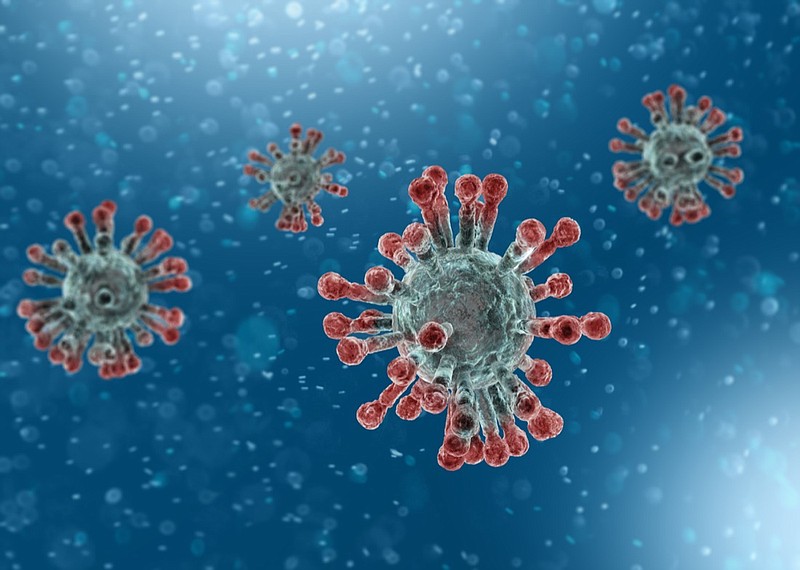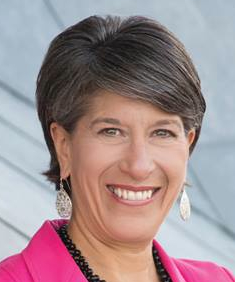Trauma is defined as a deeply distressing or disturbing experience. When it comes to COVID-19 and quarantine, it is pretty evident that most of us have experienced some sort of trauma around the situation. Actually acknowledging that is part of our healing process as people seek to get on with their lives.
As we all mentally prepare for life after quarantine, it will be helpful to take into consideration what we have been through and be intentional about creating a path forward. Many have said they don't want to go back to the way things were.
Consider these things as you prepare for life after quarantine.
When we entered into quarantine, many of us were exhausted, adults and children alike, from the chaotic pace we kept. Now it is totally possible that you are exhausted because of the intensity of what you have been through. Being mentally and physically tired can cause us to not think clearly, make irrational decisions that we normally would not make and actually behave in ways that are unlike our typical selves.
Perhaps the first order of business is to take a few minutes and assess how you are feeling. Many of us, out of necessity, have had to keep our guard up throughout these last 40-plus days, which kept us from actually ever acknowledging how we were really doing. As we prepare to come out on the other side of quarantine, now is a good time to consider that.
What are you physically and emotionally prepared to jump back into? Many have commented that even though they would have never done a forced stop on all the activities they and their family members were involved in, the break has been nice. As things ramp back up, do you have the bandwidth or even the desire to go back to that level of busyness? Or do you want to use this as an opportunity to eliminate some things from the schedule? This could be a great exercise for the whole family.
Some of us might feel like we are not OK. Whether due to job loss, money tension, intense anxiety about getting COVID-19 or dealing with family members, there are many who may need the help of a third party to process what happened, acknowledge emotions around the experience and create a game plan for being able to move forward. Don't be afraid to ask for help. If you don't know a good counselor, you probably have friends who do. Keep in mind that selecting a counselor is a lot like choosing a doctor. It's important that you feel like you have good chemistry so you can accomplish the work you need to do to feel better.
Don't underestimate the importance of good self-care as you move into life after quarantine. We've all been hearing it throughout the time we have been sequestered, but seriously, it really does make a difference in our ability to think straight, make healthy decisions, problem-solve and interact with difficult people. Exercise, get good rest, eat well and be intentional about having conversations with people who make your heart happy.
Keep in mind that while your children may not have been under the same types of stress that you have, they have still experienced something traumatic. As you develop your plan for re-entry, talking with them about what you have in mind and seeking their input will help ease anxiety and give them a level of comfort about adjusting to a new routine.
And let's just not forget the power of unspoken expectations. You may have ideas about how things will go for you and your family when it comes to re-entry, such as, "We are for sure not going to be involved in so many activities" or "We are going to take it very slow when it comes to putting ourselves back out there." However, if those expectations are not spoken so that everybody is clear about what moving forward looks like, it could lead to some unnecessary drama, and can we all agree that we've had enough of that?
Before we wrap up, just want to put this out there. It is possible and probable that you will have friends or family members who don't agree with your plan. They may think you're not being cautious enough or you are being too cautious. In the words of a 4-year-old to her father as she was trying to buckle herself in her car seat: "You worry about yourself!" There is no one right way to navigate through life after quarantine. Figure out what works for your family and encourage others to worry about themselves. Respect and kindness toward everybody, even those we don't agree with, goes a long way.
So, it is important to make a plan for life after quarantine, but it may be best to hold the plan loosely because we have no idea what lies ahead. Being willing to adapt and adjust over time will probably serve all of us well as we move forward.
Julie Baumgardner is president and CEO of family advocacy nonprofit First Things First. Email her at julieb@firstthings.org.

